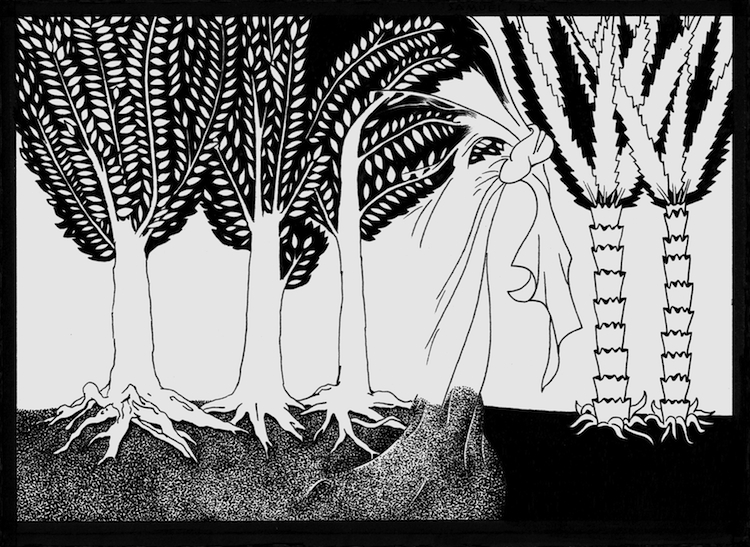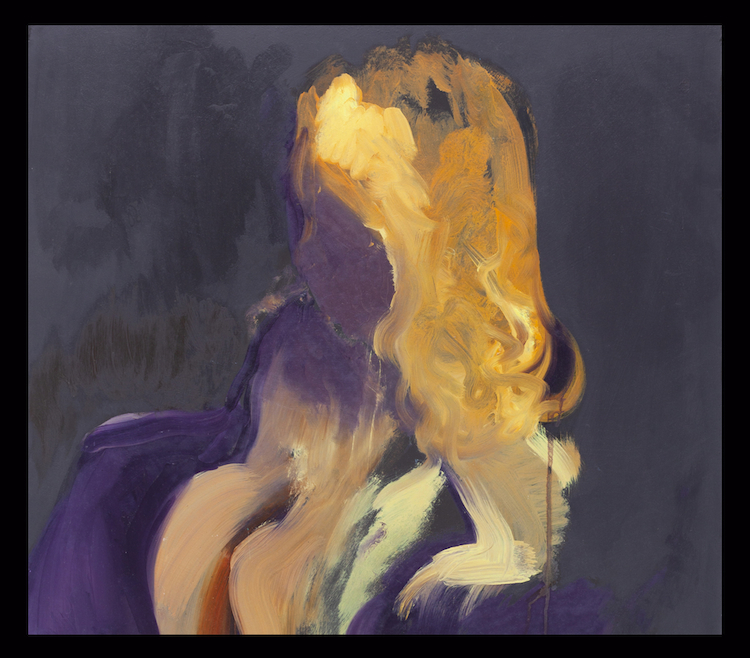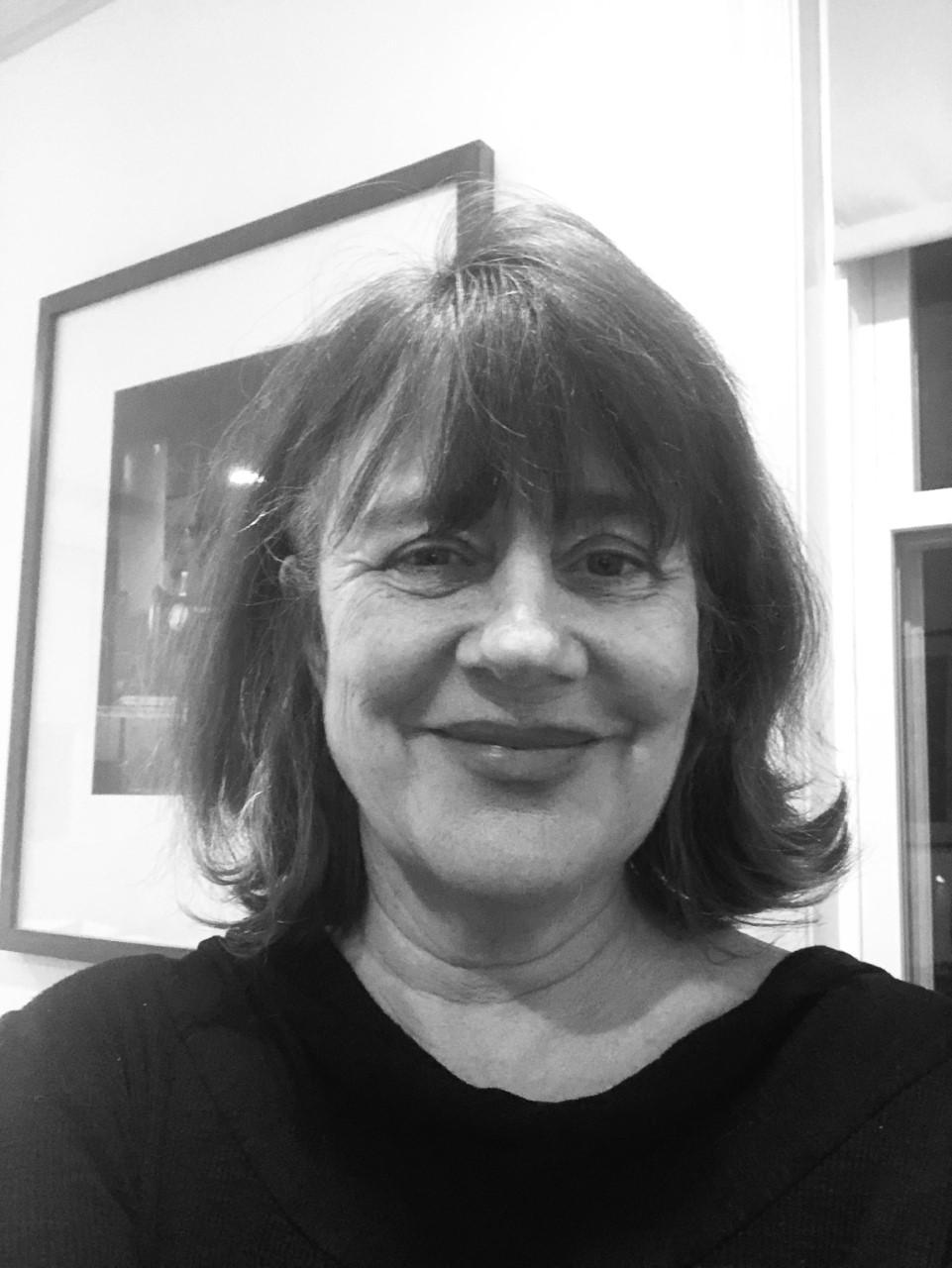Three Poems by Sheila Black

The Willow Blossoms from Its Secret
I am thinking about what girls like my girl
learn in those years of awkward knees and everyone
talking about B.O. like it’s some kind of crime.
And the thread of blood that must be hidden
under thick swaddling of white, white gauze,
and the cruelty in gyms of body hair and shaming
the slow. And how she, limber-light, learned to walk
as if there were lead in her bones, a lead you
could almost see, irradiated a dangerous blue,
as though in time it would make her disappear,
her too-solid flesh (to her) resolve into green-leaf
and dew. I know why a girl might wish to become
a tree—to subject herself as if at random
to any passing storm. You play the music as
loudly as you can, you floor it, you careen, and what
is more terrifying or beautiful or bone-alone
than our desert at night with its lunar gas
stations and creepy rest stops, and the hiss of
“pretty” everywhere, and all of us around a seed:
the willow blooming from its secret house even
beside the river that rises but once a year. My
daughter looks gobsmacked, my daughter looks
struck lightning. All at once, she has made herself
a god. She shows me the pictures to prove it. This
is a heart. This is the liver. This is the face, the
expression of a person who has never been.

For the Greenhouse Gases
Grape, madder rose, chrysanthemum, the pale jade bowl
of tea in which we float the slightly unpleasant chamomile
flower. Bitter pit, rind of cheese, bone that gleams
against our teeth. Joy of blue-red rare steak, and french
fries in hot duck grease. Thicket. Pool of shadow. Snowdrops
under pines. The soughing of sea or corn fields in tornado
season. Drunken orchards, apples splitting under our
Jackbooted feet. Burial grounds, unnamed. The sign for John
Day against the cliff where fossils of bone-light mammals,
some that could fit into your palm. They do not exist. Draw,
canyon face, arroyo, mesa, bosque. Acequias, watercourses,
almost invisible across a desert so hot the earth is cracking.
The walled garden. The keyhole. The knowledge you can’t
change for anyone, not even yourself. Madder rose, stamen,
pollen, termite, ant, maggot, roly-poly. Loam and the spines
of leaves. A clear liquor distilled from raspberries.

Rembrandt, 1639
Tell them of the sheen
of indigo,
how it spears at the edge of certain summer
skies, at noon
when shadows disappear, the sky swallows
its mouthful of black.
I see the irises on her table,
the sharp lemon of their insides.
I can spare her nothing. They will all die
before me. I don’t know this yet.
Only the men coming to count the canvases,
over which, greedy, I weep as if they were children,
though they are hardly alive.
What awaits me is the indigo of short nights
on streets where the rain falls
in a steady stream. My wooden shoes will split.
I used to think I might float
if I walked quickly enough. I have grown
much too heavy, I think.
Here, a gesture I have always loved: wet
two fingers and hold the candle shut.
Tell them of the sheen
of indigo.
That truth is mute and terrible
like God.
Art Information
- “Mała Hania (Little Hannah),” “Lining,” and untitled image © Piotr Mańczak; used by permission.
 Sheila Black is the author of four poetry collections, most recently Iron, Ardent (Educe Press, 2017). She is a co-editor of Beauty Is a Verb: The New Poetry of Disability (Cinco Puntos Press, 2011). Her poems have appeared in Poetry, The Spectacle, Third Point Press, and the New York Times. She currently divides her time between Washington, D.C., and San Antonio, Texas.
Sheila Black is the author of four poetry collections, most recently Iron, Ardent (Educe Press, 2017). She is a co-editor of Beauty Is a Verb: The New Poetry of Disability (Cinco Puntos Press, 2011). Her poems have appeared in Poetry, The Spectacle, Third Point Press, and the New York Times. She currently divides her time between Washington, D.C., and San Antonio, Texas.
